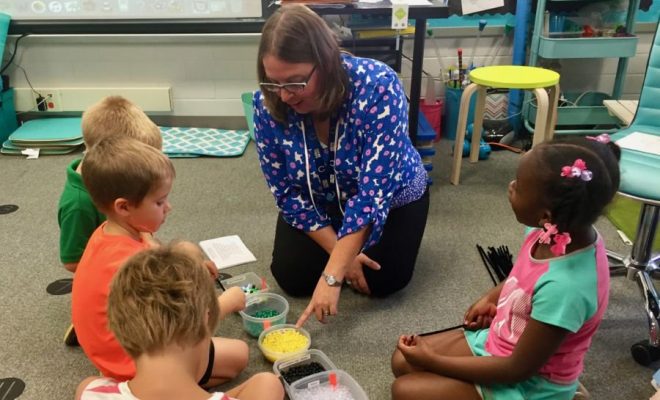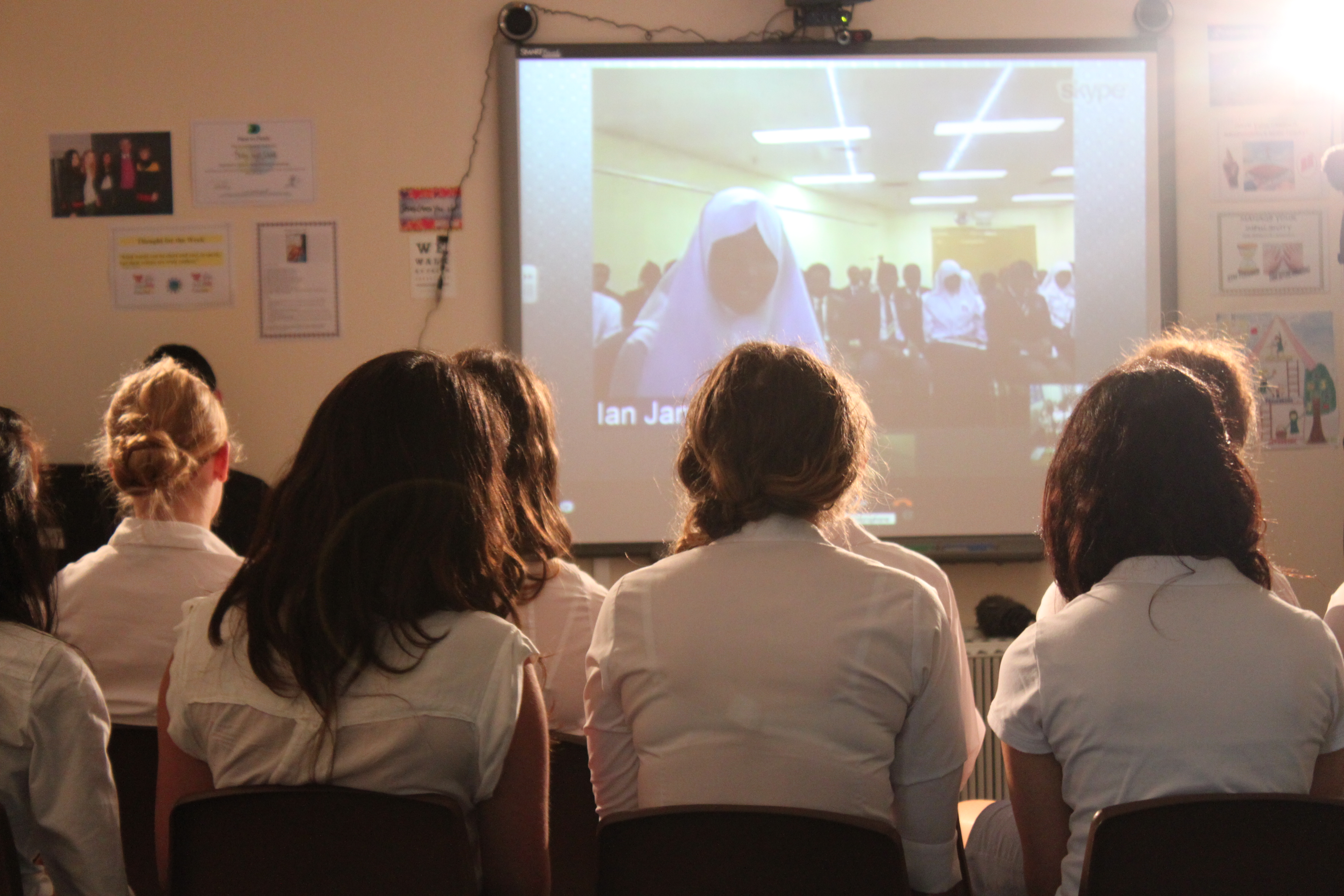Check out the 5 Steps One School Takes to Transform Dropouts into Graduates

When you think about credit-recovery programs, you likely think of truant or at-risk students. These students, who need a push to catch up after falling behind, are getting lost in the shuffle, leading to lower overall graduation rates in high schools across the country. But with a well-structured academic support system combined with credit-recovery options, district leaders at Lawrence County Community Unit School District experienced a 9% increase in graduation rates.
Now here’s a typical story from Lawrence County CUSD. The only thing between Joe (a senior whose name has been changed) and his hard-earned high school diploma was one English final. Thinking he could breeze by, Joe failed the test, meaning that walking the stage to collect his diploma with the rest of his class was no longer a reality. After a series of meetings with the school’s guidance counselor and the principal, the team created a credit recovery plan. Joe was given three days to complete an entire semester’s work. Two all-night study sessions, three long days in the computer lab, and a passing grade got him a diploma—and the overwhelming feeling of success earned through determination.
Joe was lucky. He had a second chance, something many students don’t ever get. The reputation and perceived expense of credit-recovery and second-chance programs has caused schools across the country to quietly cut these programs, leaving students to find their own options. The truth is, not every student who could benefit from credit recovery or alternative options is an at-risk student. Many are special ed, are working to get ahead of the curve, or graduate on time with the rest of their class.
Lawrence County CUSD started its Second Chance Program about 13 years ago to help the group of nonconforming, at-risk students gain diploma status. Students would leave the traditional classroom setting to receive extra time and help from a specialized teacher. Within eight years, the school’s graduation rates increased dramatically.
But in 2012, funding for Lawrence County’s Second Chance Program was cut, leaving at-risk students to struggle through courses in the traditional classroom setting. Graduation rates quickly dropped to less than 70%. Two years later, the Second Chance Program was revived with a new look, a new name, and a new online component allowing for even more flexibility. Since its resurgence, graduation rates have increased from 70% to 79%. This school year, administrators at Lawrence County CUSD hope to reach their goal of an 85% graduation rate.
Here are the steps Lawrence County CUSD are taking today to dramatically increase their graduation rates after they restarted their Second Chance program.
1. Students get special attention. At Lawrence County CUSD, teacher Barbara Fabyan has her own school within a school classroom at the high school where students needing extra academic support can come during the school day. It’s an environment that removes students from their regular classrooms, so they’re able to concentrate on their schoolwork without distraction. At any given time, she may have a 9th-grade student with an IEP needing special assistance on a project or another student who is at risk of dropping out and without determination may miss the deadline to graduate with the rest of his or her class.
2. Technology is used to make individualized instruction easier. While dozens of students come into her class strictly to recover failed credits, “Odysseyware, the customizable online curriculum program and credit recovery software we use, allows me to restructure entire courses or individual topics and assessments to best fit the student’s needs,” Fabyan said.
Fabyan’s classroom also serves as an alternative for students wishing to work at a faster pace. For example, one of her students had knee surgery and couldn’t participate in gym class. Instead, she worked through an online curriculum provider to earn a year’s worth of history credits in one semester.
Online options give students the freedom to work at their own pace while sticking with Illinois State Standards. Lawrence County offers a blended learning option which, based on the increase in graduation rates, has proven successful for students so far.
3. Fabyan uses a “tough love” approach to teaching in the credit-recovery classroom. “Making mistakes is part of learning,” she said. “When students come in, they know it’s their last chance to complete the work and make it to graduation. Some students have dug themselves a deep hole with truancy and behavioral issues, and they know my classroom is the only place they can go to dig themselves out. It’s a wake-up call.”
4. Students develop an unshakeable belief in themselves. When students enter Fabyan’s classroom, they often have negative thoughts about specific classes, teachers, and school in general—prejudices that hold them back from success. Her mission is to break down the walls of what “school” is and show students success is possible, but it won’t come easy. With the support from her fellow teachers and administration, Fabyan and her students are constantly empowered to beat the odds and push through adversity. It’s the encouragement that keeps the program alive, allows students to reach their goals using whatever means it takes.
5. Students actually get to explore their interests in school. According to the Center for Public Education, 47% of high school dropouts cite “uninteresting classes” as the major reason for leaving, and 35% say “failing in school” was a major factor in dropping out. With the virtual labs, videos, audio, and games that they get from an online curriculum, students are pleasantly surprised, then challenged and engaged.
“My students realize the traditional courses they were taking may have been easier compared to Odysseyware,” said Fabyan. “Students that used to be failing are excelling with more difficult content. They realize they really have to work hard to pass. It’s more challenging, but in a way they are more engaged in the content and actually learning.”
She notes many students saying, “I really feel like I’m learning something,” and, “If I had this online option for more of my courses I would know more, and wouldn’t have fallen behind in the first place.”
That sort of realization makes students sprint to the end and get their diplomas. By the time at-risk students have their certificate in hand, they’ve learned a lot more than the Common Core. They’ve mastered the art of overcoming challenges and are part of changing the reputation of students using credit recovery. And now, because of the great success of the Second Chance Program, classroom teachers all over Lawrence County CUSD are using Odysseyware to better align their lessons with CCSS and engage students in a typical classroom setting.
If you are an educator in a school struggling with graduation rates, what are some steps you are taking to improve them? Feel free to leave a comment.





